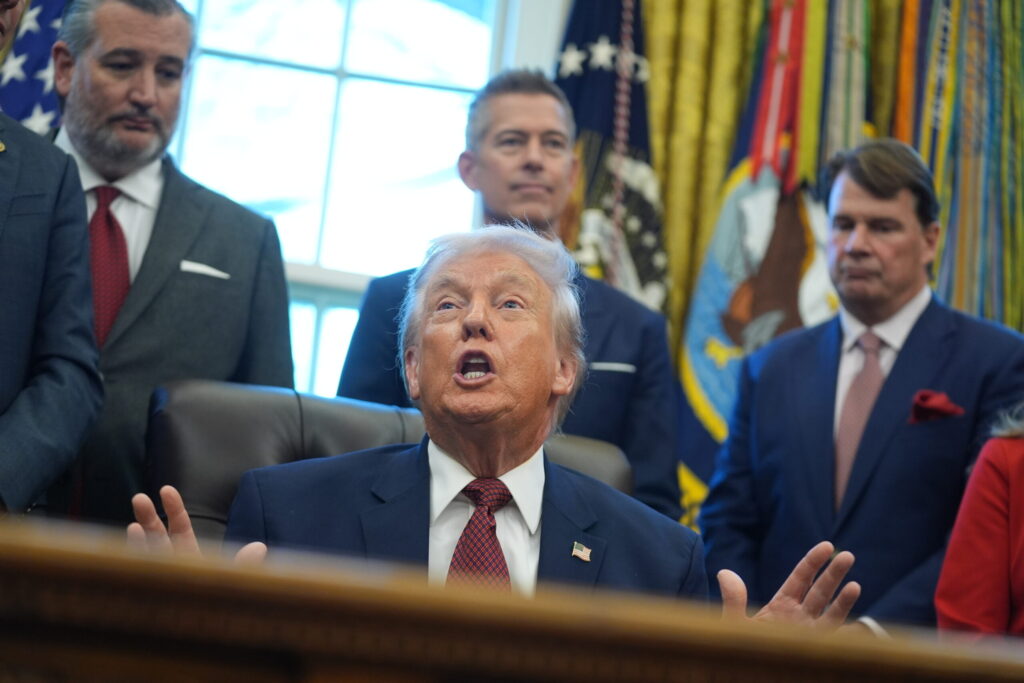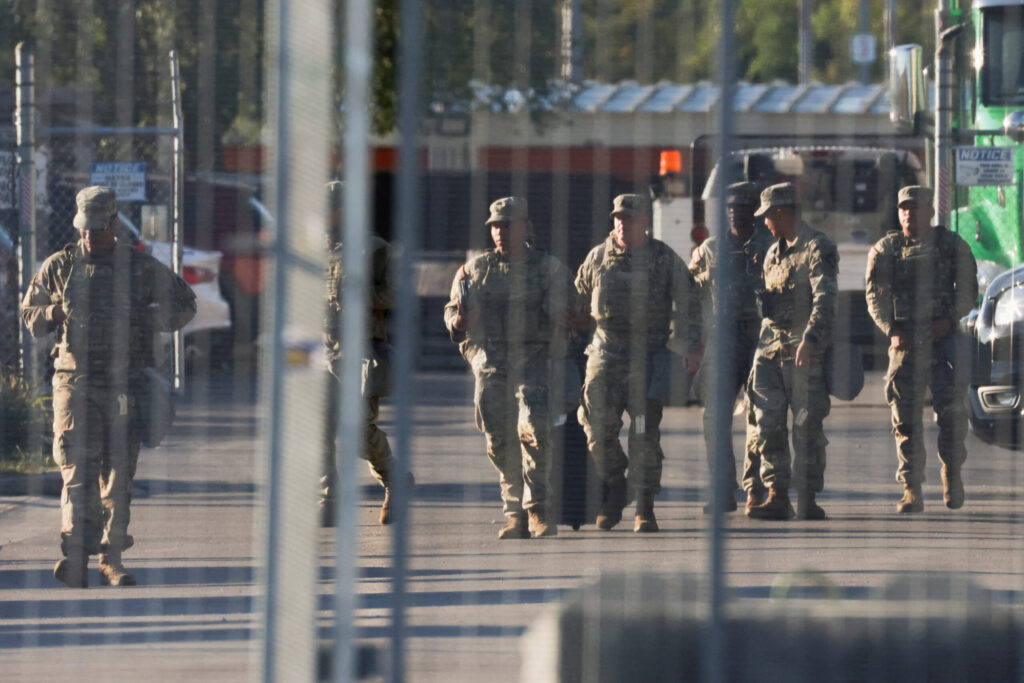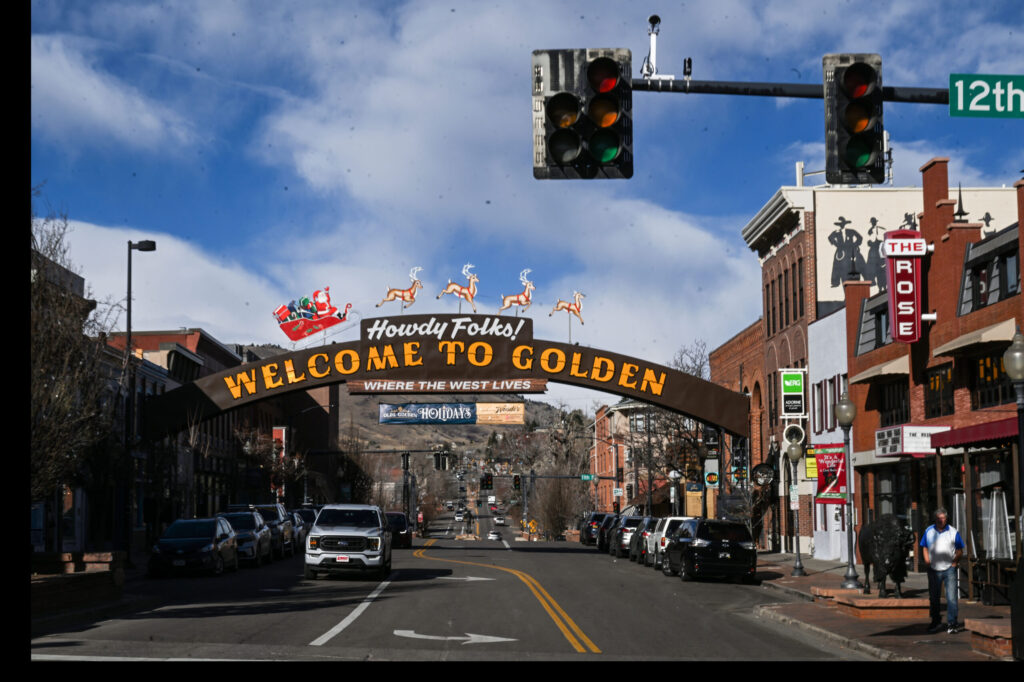Record number of Colorado midterm voters triggers blue wave

A blue wave rushed over Colorado on Election Day as a record number of midterm voters swept Democrats into the governor’s mansion and all other statewide offices.
Democrats and blue-leaning unaffiliated voters inundated ballots boxes as Democratic candidate Jared Polis easily became the nation’s first elected openly gay governor, while the crucial 6th Congressional district flipped blue.
About 129,919 more Democrats cast ballots than four years ago, along with an additional 202,977 unaffiliated voters – many of whom appeared to lean blue in the primaries five months ago and obviously did so on Tuesday
Meanwhile, many Republicans appeared missing in action – casting only 4,825 more ballots than in 2014.
The blue wave came as more people cast ballots in Colorado than ever before in a midterm race.
Across the state, as of early Wednesday morning, 2,433,687 people voted, more than 342,000 above the previous high in 2014, according to the Secretary of State’s vote count.
For many, the reason for the enthusiastic turnout could be found living in the White House some 1,700 miles away.
Time and again on Tuesday, voters voiced less enthusiasm for a packed statewide ballot than a chance to send a message to President Donald Trump and Congressional Republicans in control of Capitol Hill.
Never one to vote in a midterm election, Nicholas Ernster, 33, said in Colorado Springs that he showed up to vote Tuesday to right the wrongs of 2016.
“It was an illegitimate election, and that brings about a lot of resistance,” said Ernster, referring to Trump’s win in the presidential election two years ago. “He didn’t win the popular vote, and now he gets to run amok.”
He voted down the ballot for Democrats. And he said he’ll continue doing so in midterms for the foreseeable future.
“I didn’t realize how important they were,” Ernster said. “This time around seemed pretty critical, and I imagine it’s always been pretty critical – I just didn’t realize it.”
Trump factored almost as heavily into many Republicans’ decisions Tuesday as well. Milan Cikanek, 59, praised the nation’s economy and the president’s strong anti-immigration rhetoric of late. He said he wants people to continue entering the country legally, just as he did 40 years ago when he arrived in the U.S. as a political refugee from Czechoslovakia.
“It’s about equality,” Milan Cikanek said.
“It’s about coming here for the right reasons, not the wrong reasons,” added his daughter, Stephanie Cikanek, 23.
But on Tuesday, in Colorado, they were in the minority.
The late push by Trump to travel the nation in support of GOP candidates also may have hurt Republicans across Colorado, said Josh Dunn, political science professor at the University of Colorado at Colorado Springs. It was a message better suited to voters in the Rust Belt or the Deep South.
“Once again, Trump nationalized this election and Trump’s brand isn’t as popular in Colorado as it is in other parts of the country,” Dunn said.
“Colorado is what Democrats were hoping the rest of the country would do,” Dunn said. “But the rest of the country has been a little recalcitrant. In a lot of these races, Trump’s been very effective.”
And just as Trump’s unpopularity played a role in Tuesday’s Democratic sweep in Colorado, so too did the state’s strong voting protections, said Eric Walker, a spokesman for Colorado Democrats. That, coupled with Trump’s unpopularity here, served as a recipe for a blue Tuesday.
“When more people vote, Democrats tend to do better,” Walker said.
The blue wave came even though an expected rush of women voters never materialized in Colorado, despite marches after Trump’s election, the #MeToo movement and the contentious confirmation hearings for Supreme Court Justice Brett Kavanaugh.
More than 87,000 more women cast ballots than men – following a years-long trend in Colorado that has seen women far more consistently show up at the ballot boxes.
Still, the number of women known to vote this year dropped slightly from 52.2 percent to 51.4 percent – a difference possibly offset by a significant rise in the number of people whose genders are unknown by the Secretary of State’s office, a total of 28,884 as of early Wednesday.
The record turnout also came without any hiccups in the state’s voting system, said Judd Choate, state elections director for the Colorado Secretary of State’s office.
“It was a perfect election,” Choate said.
Daniel Cole, spokesman for the Colorado Republican Party, acknowledged the GOP has work to do.
“The Democratic enthusiasm in this election was very high, and obviously, the Republicans couldn’t keep up,” said Cole. “The party in power always loses the first midterm election, after a president is elected. We took a shellacking in this election, just like Obama did in 2010.
“If we want to remain competitive here, we have our work cut out for or us.”














